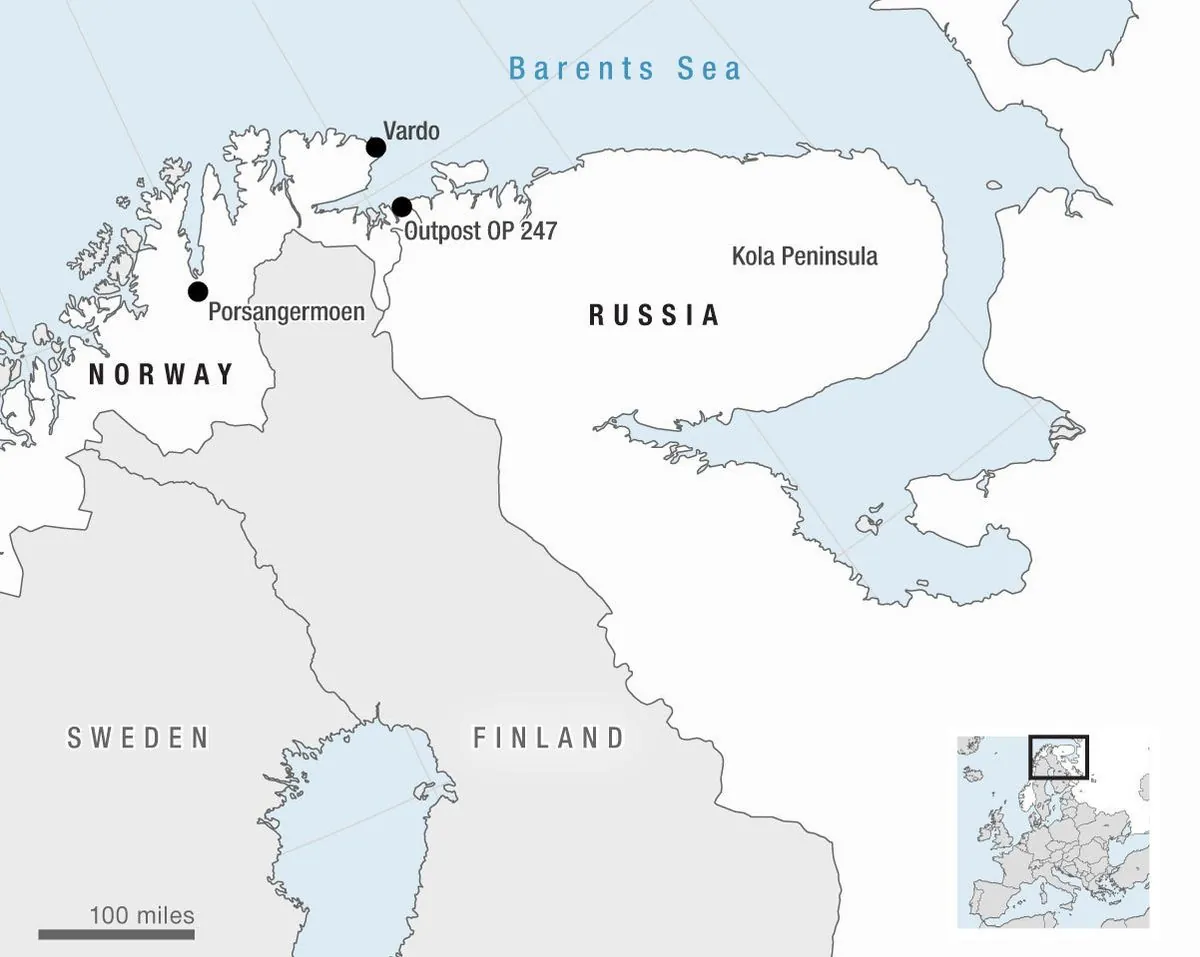One year ago, Norwegian authorities detected elevated levels of radioactive caesium (Cs-137) near its Arctic border with Russia, prompting international attention. The Norwegian Radiation and Nuclear Safety Authority (DSA) reported the findings, which occurred at two locations: Svanhovd and Viksjoefjell.
The detection periods spanned from September 5-12, 2023, at Viksjoefjell and September 9-16, 2023, at Svanhovd. Despite the elevated levels, the DSA emphasized that the measurements were "very low" and did not pose any risk to human health or the environment.
Dmitry Peskov, the Kremlin's spokesperson, responded to inquiries about the situation, stating, "There were no warnings from our relevant services about an increased level of certain isotopes in the atmosphere, there were no warnings about threats to human health either, so I have nothing to say here."
This incident highlights the importance of international cooperation in radiation monitoring, especially in sensitive regions like the Arctic. The Arctic Council, an intergovernmental forum promoting cooperation among Arctic states, plays a crucial role in addressing such environmental concerns.
Caesium-137, the detected isotope, is a product of nuclear fission with a half-life of approximately 30.17 years. It is commonly produced by nuclear reactors and can serve as an environmental tracer. The presence of this isotope in the environment is typically measured in units of becquerels (Bq) or sieverts (Sv).
The detection occurred along the 195.7-kilometer (121.6 mi) land border shared by Norway and Russia in the Arctic. This region is particularly vulnerable to environmental changes and pollution, making continuous monitoring essential.
While the Kremlin denied any knowledge of increased radiation levels, the incident underscores the need for transparent communication between neighboring countries regarding potential environmental hazards. The Arctic has seen increased military activity and resource exploration in recent years, further emphasizing the importance of vigilant environmental monitoring.
As of September 2024, no further incidents have been reported in the region. However, the event serves as a reminder of the ongoing need for international cooperation in radiation protection and environmental safety, particularly in sensitive areas like the Arctic.
